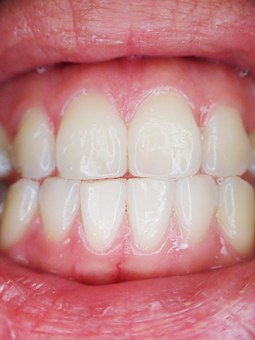Dental implants are a long-lasting, reliable solution for missing teeth—but just like your natural teeth, they require care and attention. While implants are known for their durability and success rate, certain signs may indicate that something isn’t quite right. If you notice any of the following issues, it’s time to see your dentist promptly to prevent further complications.
1. Persistent Pain or Discomfort
Some mild discomfort is normal after a dental implant procedure, especially in the healing period. However, if pain persists for weeks or becomes worse over time, it could be a red flag. Lingering or increasing pain may indicate an infection, nerve involvement, or implant failure, all of which require immediate professional evaluation.
2. Swelling, Redness, or Bleeding
Inflammation of the gums around the implant site is a warning sign. Swelling, redness, or bleeding that doesn’t subside could point to peri-implantitis—a condition similar to gum disease that affects the tissue and bone supporting the implant. Early detection and treatment can help save the implant and prevent further bone loss.
3. Implant Mobility
A healthy implant should feel stable and secure—just like a natural tooth. If you feel any looseness or movement when chewing, brushing, or touching the implant, it’s a serious sign that the implant may not be integrating properly with the jawbone. This issue requires urgent dental intervention to assess and possibly replace the implant.
4. Difficulty Chewing or Biting
Once fully healed, dental implants should allow you to eat comfortably. If you suddenly have trouble chewing, feel pain while biting down, or notice that your bite feels “off,” it may mean the implant or surrounding teeth are misaligned, damaged, or infected. This can lead to further stress on the implant and neighboring teeth if left untreated.
5. Gum Recession Around the Implant
A receding gum line around an implant can expose the metal post, compromise the stability of the implant, and affect the overall aesthetics of your smile. This condition can stem from poor oral hygiene, excessive force on the implant, or underlying health issues. Prompt care can help prevent more serious consequences.
6. Bad Taste or Odor
An unpleasant taste in your mouth or persistent bad breath near the implant area can be signs of infection or trapped food particles. This can be a result of poor cleaning around the implant or a developing infection that needs immediate attention.
Your dental implant is an investment in your smile and health. Recognizing these warning signs and seeking professional care early can make all the difference in maintaining your implant’s success for years to come.



